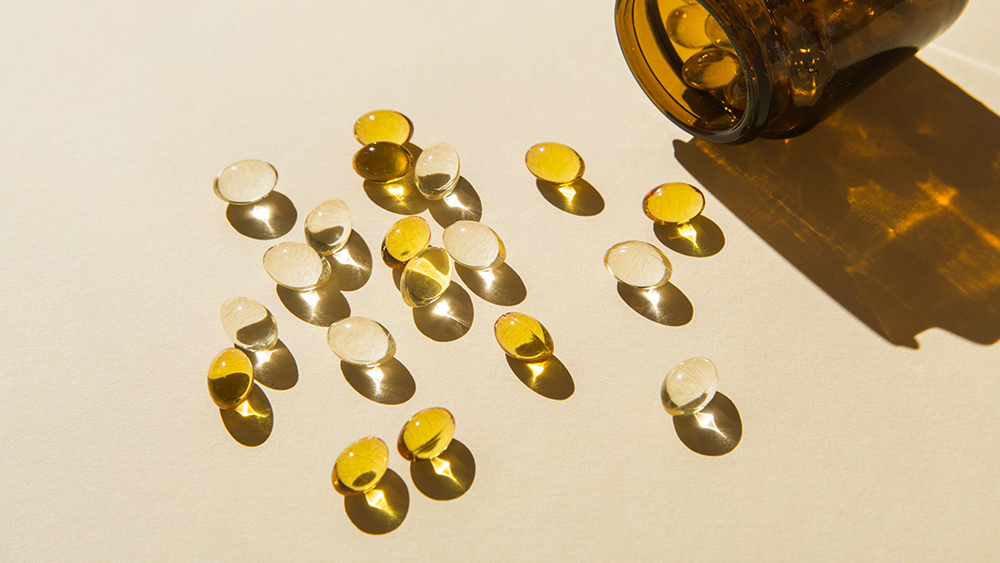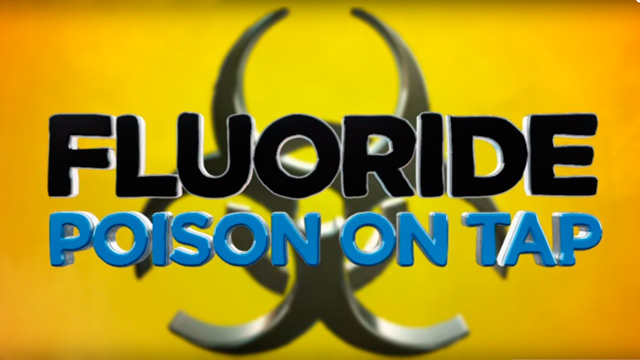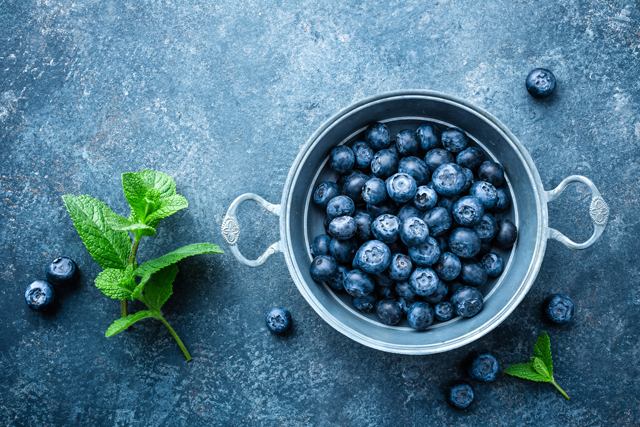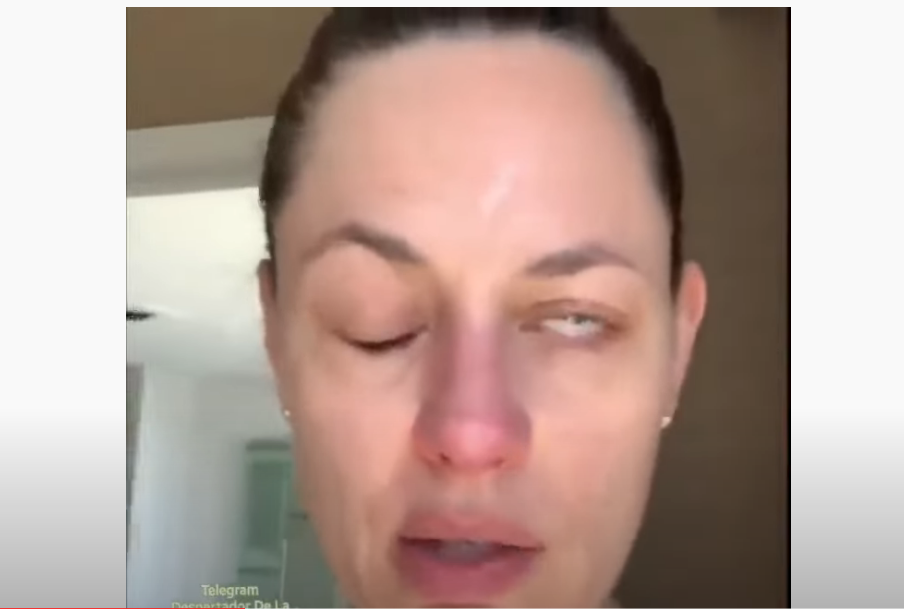 Parler
Parler Gab
Gab
- A clinical trial found that breast cancer patients taking 2,000 IU of vitamin D daily were nearly twice as likely to achieve complete tumor elimination before surgery compared to those on a placebo.
- Vitamin D enhances chemotherapy’s effectiveness by sensitizing cancer cells to treatment, promoting cell death, and preventing tumor spread.
- Many breast cancer patients—especially postmenopausal women—are vitally deficient in vitamin D, making supplementation a critical part of holistic treatment.
- Unlike harsh chemo side effects, vitamin D supports immune function and cellular repair, aligning with natural medicine’s approach to healing.
Vitamin D: The missing link in cancer therapy
For decades, cancer treatment has relied on a scorched-earth approach—blast tumors with radiation and toxins, hoping the body survives the assault. But what if healing didn’t have to be so brutal? The latest research suggests vitamin D may be the missing piece in breast cancer treatment. In a recent randomized clinical trial, 80 women undergoing chemotherapy were split into two groups: one received 2,000 IU of vitamin D daily, while the other took a placebo. The results were staggering. 43% of women in the vitamin D group saw their tumors completely vanish post-chemo, compared to just 24% in the placebo group. Why does this work? Breast tissue houses vitamin D receptors, which, when activated, slow tumor growth and trigger cancer cell death. Vitamin D doesn’t just passively assist—it rewires cancer cells to respond more effectively to chemo drugs like anthracyclines and taxanes. The implications are profound. Unlike toxic treatments that compromise immunity, vitamin D strengthens immune cells, acting as both a shield and sword against cancer.The toxic toll of modern medicine—and nature’s alternative
Compare this to the recent French court ruling that found Monsanto’s pesticide, Lasso with alachlor, responsible for a farmer’s irreversible neurological damage. The heartbreaking reality? Many cancer patients face similar devastation—not from the disease, but from the chemical onslaught. Chemo-induced fatigue, organ damage, and secondary cancers are grim trade-offs when the body’s natural defenses are ignored. Vitamin D’s role in cancer prevention dates back decades. A Stanford University study linked higher sun exposure—the body’s natural vitamin D factory—to a 50% lower risk of advanced breast cancer. Fair-skinned women benefited most, suggesting even modest sunlight can drive tumor resistance. Yet modern diets—laden with processed foods, trans fats, and hormone-spiked meats—actively undermine vitamin D absorption. The solution? Fermented vegetables, organic meats, fatty fish, and raw, grass-fed dairy rebuild nutrient stores safely—no side effects required.Harness vitamin D's power
Supplements can bridge the gap, but dosing matters. The RDA of 600-800 IU is woefully insufficient for cancer prevention; emerging research suggests 4,000–8,000 IU daily may be ideal. Blood tests are critical—consult a healthcare provider before adjusting intake. For chemo patients, vitamin D offers more than hope—it’s a legitimate adjuvant therapy, one that respects the body’s rhythms. While Big Pharma churns out costly, toxic drugs, this humble nutrient proves that healing doesn’t always require a prescription. As science rediscovers nature’s pharmacy, patients deserve treatments that nurture—not just chemo and radiation which nuke their cells to death, causing more health issues. Sources include: MindBodyGreen.com TandFOnline.com Enoch, Brighteon.aiVitamin C transforms skin renewal by activating genetic youth, study reveals
By Willow Tohi // Share
“Raw Emotions” by Angela Stokes: A transformative guide to healing through food and self-discovery
By Kevin Hughes // Share
Sodium benzoate in personal care products: A threat to consumer health
By Zoey Sky // Share
Bilberry: A tiny superfruit with mighty health benefits
By Ava Grace // Share
Eight unexpected health benefits of ginger
By newseditors // Share
Vitamin C transforms skin renewal by activating genetic youth, study reveals
By willowt // Share









